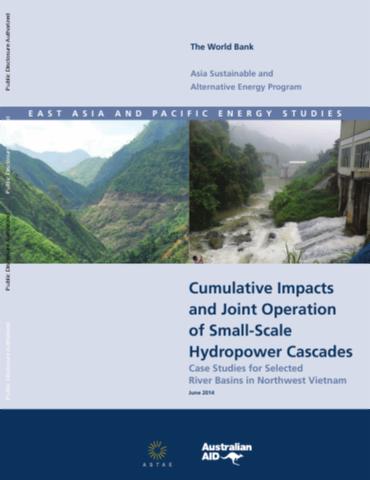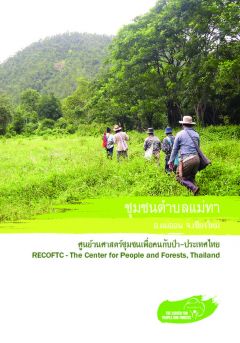Integrating Gender-Sensitive Disaster Risk Management into Community-Driven Development Programs
This note on integrating
gender-sensitive disaster risk management (DRM) in
community-driven development (CDD) Programs is the sixth in
a series of guidance notes on gender issues in DRM in the
East Asia and the Pacific region. Targeting World Bank
staff, clients and development partners, this note gives an
overview of the main reasons for incorporating
gender-sensitive DRM into CDD programs, identifies the key




